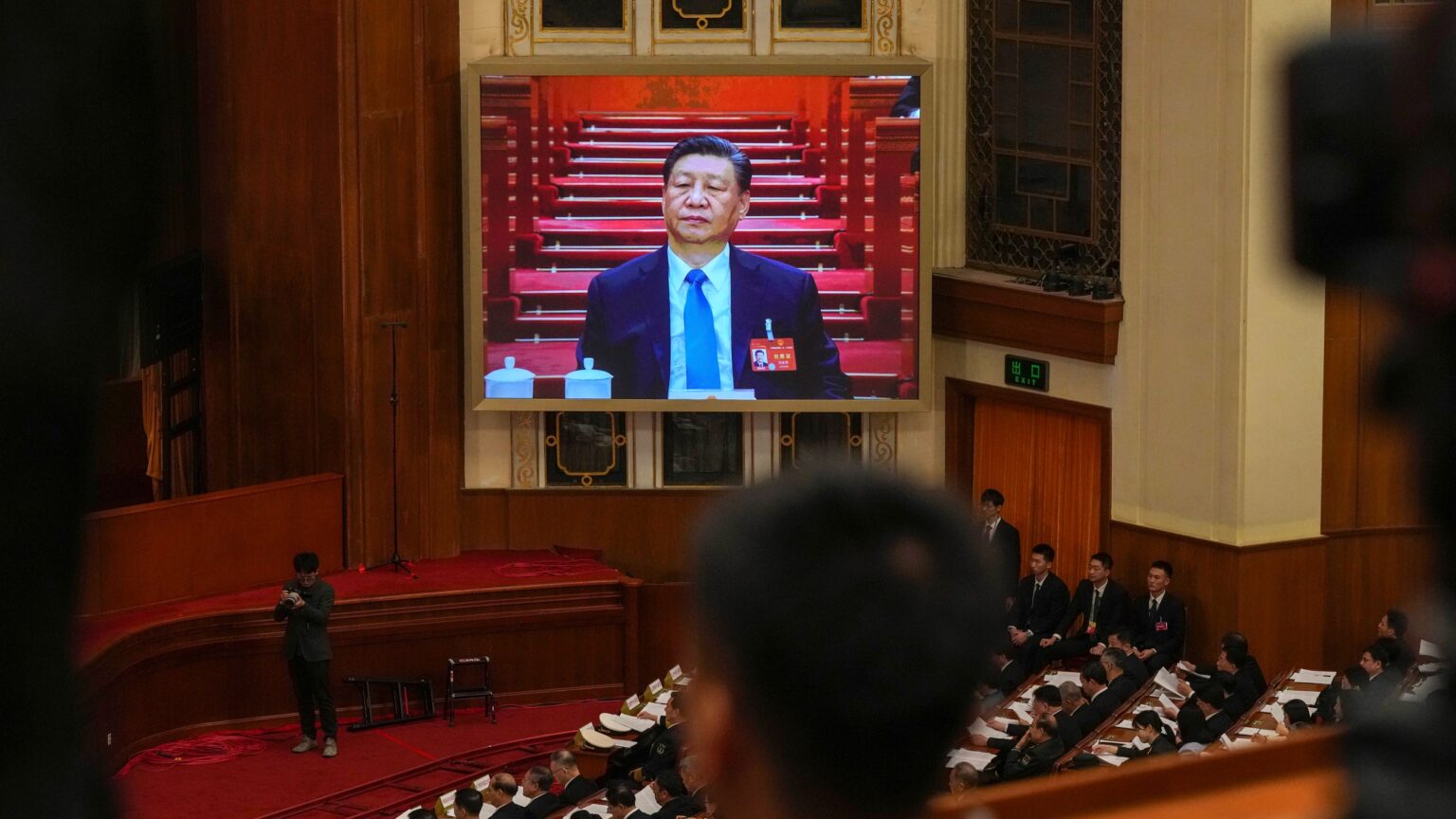After several months of delays, China is set to convene the third plenary session of the 20th Central Committee next month. This meeting is typically associated with significant economic reforms or policy announcements. The postponement of the Third Plenum in 2023 sparked speculation about potential divisions or indecision within the Chinese Communist Party under President Xi Jinping, particularly following the lackluster performance of the Chinese economy after the lifting of Xi’s “Zero Covid” policy in late 2022.
The timing of this meeting coincides with conflicting narratives surrounding the Chinese economy in the international media. One narrative highlights structural challenges and policy missteps during Xi’s leadership, pointing to issues such as low economic growth, high unemployment, weak consumption, demographic challenges, and a decline in confidence in the country’s future. In contrast, another narrative emphasizes China’s achievements in manufacturing, particularly in emerging sectors like renewable energy, such as solar and electric vehicles, driven by industrial policies and state-led development. China’s advancements in these key sectors, along with artificial intelligence, semiconductors, and aviation, are posing a threat to the dominance of capitalist economies.
Both narratives touch upon the issues of overcapacity and excessive exports, illustrating a complex interplay between positive and negative aspects of China’s economic landscape. China’s reliance on export-driven manufacturing, stemming from a lack of emphasis on boosting domestic consumption, is a central theme in economic policymaking. Despite presenting contrasting viewpoints on China’s economic trajectory, these narratives are inherently intertwined and shape a comprehensive understanding of the country’s political economy.
